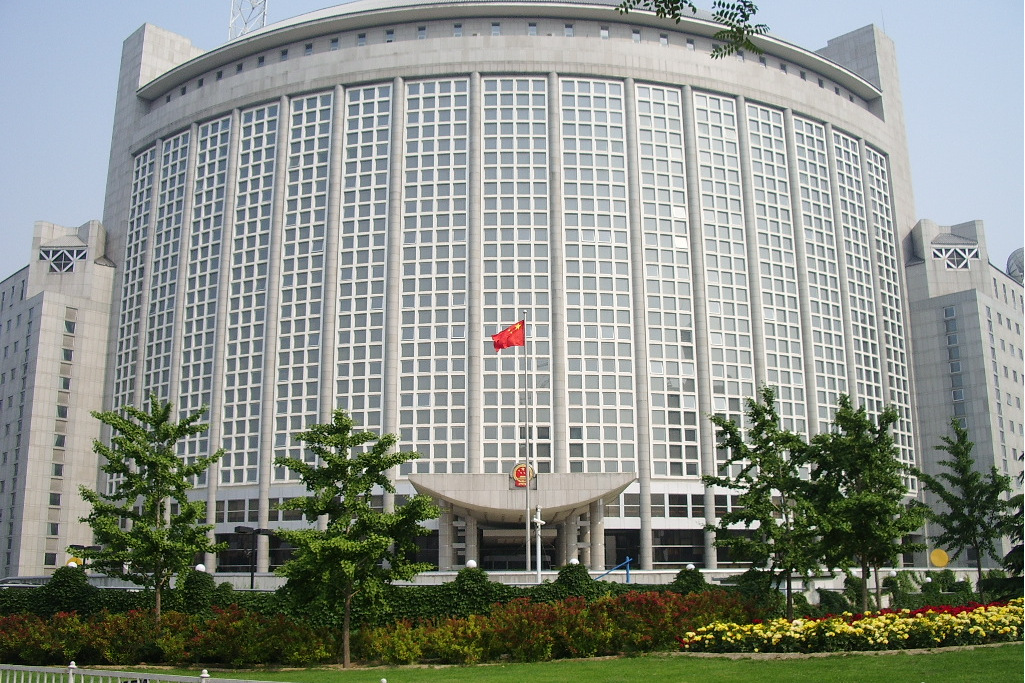
On the morning of 21 June 2023, China’s Supreme People’s Court (SPC) held a press conference to release, for the first time, typical civil cases involving sports disputes.
In the second case, a Muay Thai training company and a trainee had an agreement stipulating that in the absence of intent or gross negligence on the part of the company, any injuries sustained during training would be the trainee’s responsibility. Subsequently, the trainee got injured during training. The court held that such a disclaimer in a sports training contract was invalid.
In the third case, a minor’s father entered into a contract with a sports company whereby the minor would become a contracted billiard player for the company. Disputes subsequently arose between the parties. The court held that the contract between the parties was a labor contract rather than a normal commercial contract. This distinction arose from the fact that, under Chinese law, persons under the age of 16 can be employed as laborers in literary and artistic, sports, and special arts and crafts units.
In the fourth case, two companies’ sailboats collided during a race, causing damage to the vessels. The court found that both parties willingly registered for the sailboat race with full knowledge of its inherent risks, and held that absent clear intent or negligence, both parties should individually bear the losses caused by the accident.
Photo by Max Zhang on Unsplash
Contributors: CJO Staff Contributors Team






